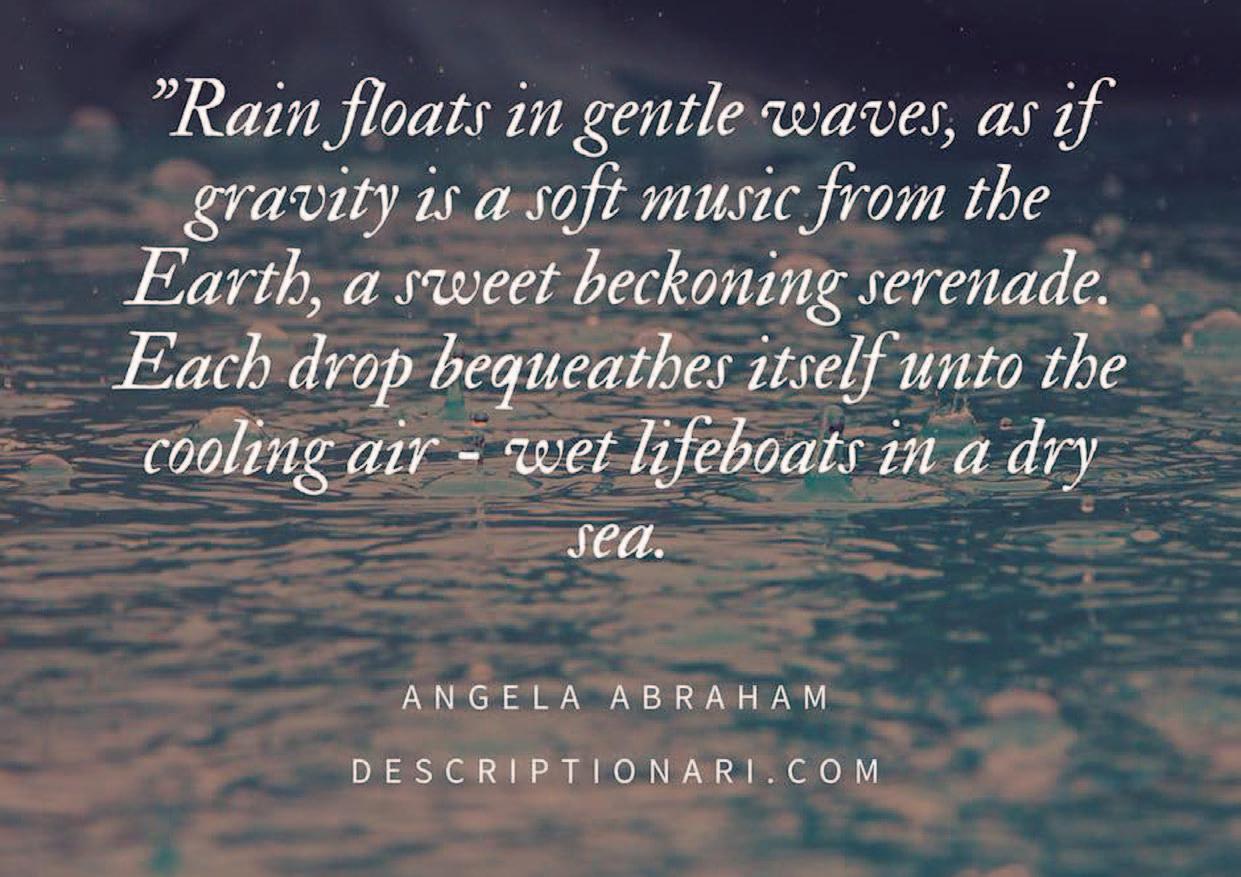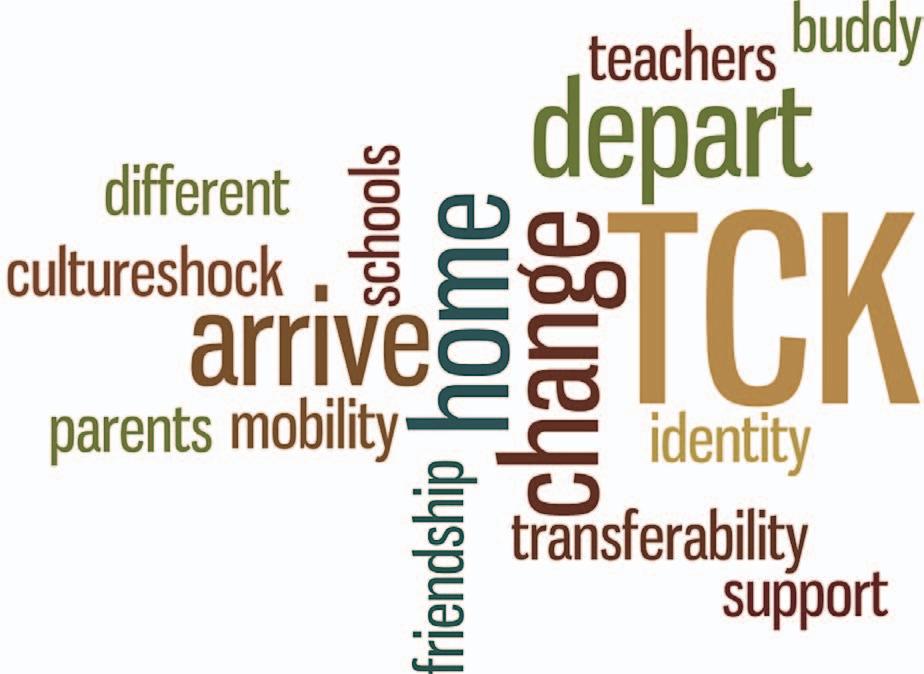Views on the TCK label was composed for specific experiences of one community; today’s movers come from diverse communities and have different experiences. Why is mobility a problem in the first place? Mobility makes us uncomfortable because we hate making mistakes; abroad, we don’t know whether we are ‘doing it right’. Going abroad is bad enough, because we don’t know how things are done there; but coming back is worse because we think we do know – and then we find that we were wrong! To deal with this we need to look at how our understanding of decisionmaking has been revolutionised by research since 1967, when Ruth Useem first defined the term Third Culture Kid. As we go through life we all need to feel that we are good; good at being us, good at doing what Mummy – or the teacher, the priest, or the community – says we ought to do. Culture is the set of images of good things and good behaviour that has been developed by a particular community. In childhood we learn to do those good things, the things that community members do, and we are rewarded by feeling that we fit. ‘TCK’ provides a place where children fit if they return to what they have been told is home and find themselves not doing or understanding what the ‘home’ community does. More recently, Ruth Van Reken has written about ‘Cross Cultural Kids’ or ‘CCKs’ (2017), a general term she uses for any children who are crossing a social boundary. They could even be ‘CCKs’ without leaving home. The problem they all share is that they feel they don’t fit. Does either term – TCK or CCK – fit the wider field? I suggest that a requirement for a useful new term is that it takes account of the way in which we adopt sets of images of good, and how we maintain them. Recent advances in neurology draw attention to the role of emotion, first as the raw indicator – the ‘gut feeling’ – that tells us that something is good or bad, and second as the force that binds us to role models or arbiters of good. Our emotional attachment to these guides makes us learn and want to be approved in their eyes. We are content if we know we are doing good
and have someone to confirm it. Mobile lives place us in many situations, give us many images of good, and many guides are watching us at different times. We can often find ourselves in the company of people whom we want to please, but we don’t know how to do so. Single labels are at the root of many of today’s problems. Children need to learn when young who they are and who they can rely on; they learn to identify. But as they move around they experience more models, and on returning they have some sets of values they use in one setting and other sets that they use in others. A shared label can free them from the pain of being homeless, but it doesn’t tell us who they actually are. Behind all of our behaviour lies a haunting question: ‘who is proud of me?’. This search for validation governs the comfort of children abroad, of new members entering a group, and even of presidents who tweet. A new way of talking needs to draw attention to the person’s multiple experience, to the value-sets they have already acquired, and to the complex court of imagined judges who silently approve what they do. By concentrating on the assets they have gained by moving around, such a title would also be cheering in times of insecurity. As a first bid may I offer rainbow cultural, multiply validated, rich life pattern, plurally enculturated, personal palimpsest, or simply polycultural? And perhaps not ‘kid’. References Pearce, R (2015) Afterword, in F Dervin and S Benjamin (eds) Migration, Diversity, and Education: Beyond Third Culture Kids, London: Palgrave Macmillan Van Reken, R E (2017) Third Culture Kids: Prototypes for Understanding Other Cross-Cultural Kids, www.crossculturalkid.org/who-are-crosscultural-kids/ Accessed 21.10.17
Richard Pearce has worked in international schools for many years. He now writes and is a consultant on issues relating to international education. Email: administrator@inted.demon.co.uk
Is there a better term? Carol Inugai-Dixon is struggling to think of one! While I agree (in response to the editors’ Comment in the last issue of International School magazine) that the term Third Culture Kid can be described as vague, and that the cultural, national and linguistic backgrounds of several generations are increasingly complex, I am at a loss to think of a better one. And a term is needed. In everyday affairs we identify ourselves and others by which group they and we belong to, whether it is nationality, ethnicity, culture and so on. And there are many people who cannot and do not want to identify themselves by their passport, or place of birth or lineage of their parents. It could be argued that TCK is a term rather like international mindedness which, rather than describe as vague, I would prefer to describe as open to change. International mindedness now has a much broader meaning than when it was first coined. I suggest we let the concept of TCK expand so it becomes more inclusive of Autumn
Spring |
| 2018
people who see it as a fit for their backgrounds. I would quite like to use the term to describe myself, for instance. Although born in England and holding a British passport, I have lived in Japan longer than I have lived in England, and my cultural understandings are more in tune with Japan than they are with modern day England. In some contexts it would be very helpful to have a term to describe this sort of situation. Beyond this I have a sense of loyalty to the term TCK. It has done such good work. I know how, over many years now, it has supported parents and students who were anxious about losing their language and culture by being in an international school. Let’s not abandon it just yet. Carol Inugai-Dixon is a Visiting Professor at the University of Tsukuba, Japan. Email: inugai-d.carol.fp@un.tsukuba.ac.jp
15



















